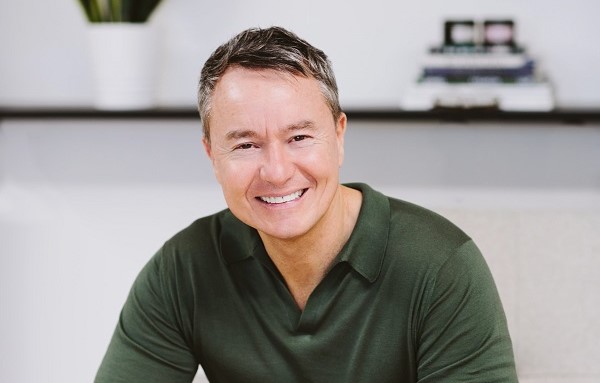Many people and clients I talk to about blame deny they play this game. And if they do admit to blaming, it is only now and then. We do this because innately we know it isn’t the most productive way to find solutions. This is why we often hear, “I know I shouldn’t blame, but…” followed by some creative justification as to why it is okay this time.
It is fair to say, no one I have met admits to being a serial blamer. That is until the curtain is pulled back just enough to become aware just how interwoven it is into the very fabric of our society and vocabulary. This is when my clients start saying, “Denis I can’t believe it, it is everywhere! I can’t believe how everyone is blaming.” It is similar to when you buy a red car and suddenly see all the red cars. They were always there but you had no reason or stimulus to notice them.
It is a harsh reality when it lands, but we are very rarely not blaming. And the reason it is worth your time and effort to know this is because playing the blame game as much as we unknowingly do, is profoundly impacting every aspect of our lives.
How do you know you are a serial blamer?
To help my clients, I sometimes mention that blame is often replaced with the word ‘judgement’. I then ask, how many times do you think you are judging yourself or someone else?
The issue is, our go-to solution for anything we think isn’t helping us is to control, ignore it or push it away. However, blame (judgement) isn’t something you can turn on and off like a light switch. You might be able to put it under the rug, or tell yourself to forgive and forget, but that doesn’t mean it has gone.
If you park your self-control for a moment and allow yourself to get radically self-honest, would you admit you often feel angry, annoyed, irritated, frustrated, or disappointed with others or yourself? Is there conflict, drama or abuse in your life? Do you feel depressed? If you do, these are all symptoms of blame. None of these emotions or extreme situations can exist without blame starting it.
For over fifteen years I have been hearing stories from clients blaming parents, siblings, and partners for the reason they are unhealthy, unhappy, or unsuccessful. Bosses, friends, and colleagues are often next on the list when we need to defer responsibility. In time, we need larger targets, so we start to blame different governments, religions, or cultures.
If you are adamant you still don’t blame (or judge) others, what about yourself? When was the last time you said, “I am so stupid!” Or thought you are not good enough? Or that you failed, made a mistake or did something wrong? Do you think you have ever held yourself back or self-sabotaged yourself? Well, this is all self-blame. And the one thing every human is an expert at is blaming themselves. This is why our self-esteem, confidence and mental health are at all-time lows all over the world.
Read: Integration of AI in mental healthcare
We have become experts at playing the blame game, to a point we can make ourselves out to be the victim of circumstance in just about every situation. More than ever, people are offended by a comedian’s joke, or a YouTubers comment. Not realizing it, it is their blame-based perception that offended them not what they read or heard.

The antidote to our serial blaming
It would be great if we could just exclaim, “Right, I am not blaming anymore!” Or to force ourselves to be more fake positive. But, these control-based approaches don’t have long-term results on other habits so why would it work for this one – they don’t. After spending many years perfecting the art of blaming and being a victim, we need to become an expert at something else.
Training your perception muscle
One piece of information can move us from feeling like a victim to one feeling grateful and empowered. That is why we have the saying, life is a blessing in disguise. With more information, awareness and wisdom, what we once saw as wrong or holding us back, is in fact helping us in some way. Mostly to help us discover who we honestly are.
This is why partaking in any creative endeavor is paramount to exiting the habit of blame. At the same time, regularly encouraging ourselves and others to explore other possible reasons why something occurred, other than it is bad, negative or wrong, can build a strong perception muscle. This should be treated as a creative exercise, not a way to be more fake positive.
Self-honesty
What does being self-honest look like? Well, in the most basic form, it is recognizing our honest emotional state. As uncomfortable as it can be, we need to look under the rug. We need to get comfortable being uncomfortable sitting and listening to those feelings, all the while in a blame and control-free way. There are many ancient cultures and practices that show us how normal this internal process was at one point in our history.
Self-honesty is also the skill at recognizing that just because you consciously wanted, or didn’t want something to happen, doesn’t mean there isn’t some unconscious (self-honest) plan coming to fruition. After thousands of years blaming, controlling and ignoring ourselves, we have become unaware of the invisible influences in our lives. There are often honest motivations, endgames, or priorities playing out just under the surface. It is worth opening up these doors of possibility to see if any self-honesty comes through.
For more Op-Eds, click here.








